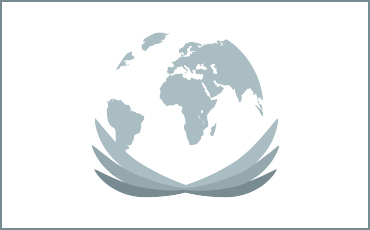Kennedy Assassination

I was in fifth grade in Arlington, Virginia. Our teacher had been called to the principal’s office. This seemed odd but not worrisome and I am certain that we expected her to return promptly because we did not take advantage of the lack of authority to wreak havoc. That may also have been attributable to the fact that we all worshiped our teacher. When Mrs. Armstrong returned she summoned a number of my classmates. These were students who had moved to Arlington from Texas because their fathers were close associates of vice president Johnson and came with him to work in the White House. There were a good number of children in the school like this. We were not told why Mrs. Armstrong took these children from the classroom. Sometime later Mrs. Armstrong returned and it was clear that she was not in her usual good humor. Things were different in the classroom. We were occupied with things that were not serious schoolwork – just busywork to keep us occupied for a while. Then, over the loudspeaker, the principal announced that school would be closing early. He announced that the President had been shot. The students with family members in senior positions in the administration were sent home to protect them in the chance that they might be in danger. The principal had waited until these students were no longer at school before making his staggering announcement. We were sent home. We understood that Kennedy’s assassination was cataclysmic but not the global and timeless import of his death. We didn’t realize that these would be moments frozen in our memories, that the world would change, that perhaps powers might shift worldwide, that people all over the world would keep images of John Kennedy as cherished icons of youth, honor and goodness. Two days later, my brother and I were watching the coverage of events when the transport of Lee Harvey Oswald was taking place. We were witnesses to his murder. We had never seen a fistfight, and our parents didn’t argue. We had certainly never seen anyone die. Witnessing Oswald’s murder was more staggering to us than the murder of the President. We had seen the films of the President’s murder, but we did not see it in the moment that it took place. It was already history, like the horrors of World War II, already one step removed from the immediacy of our lives. We had watched Bonanza, Ben Hur, Gunsmoke; people were shot, trampled, hung. Somehow, we were able to see those as pretend – playing cowboy. The murder of Oswald was the death of an actual human being and we were bludgeoned by the viewing of it. Adults always think that children don’t understand the value of life. But in that moment we knew. Children know perhaps more than adults the vulnerability losing a life presents. Oswald’s death did not present us with direct vulnerability but it presented us with the split-second ease in which a life can end. That moment over time slid into a string of moments of vulnerability including the assassinations of Bobby Kennedy, Martin Luther King, Jr., Kent State, the Viet Nam War and the draft which placed our brothers, friends and neighbors into that split-second vulnerability. President Kennedy’s assassination was more than a moment frozen in time. It was a series of moments that tumbled into other moments that left my generation acutely aware of the split-second vulnerability of life.





